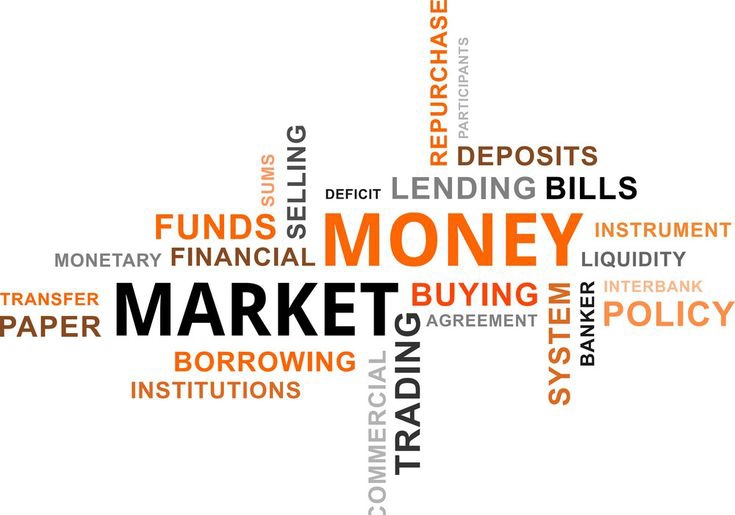In most African nations today, poverty reduction is framed as a question of aid, government intervention, and international charity. While these approaches have their place, history both ancient and modern reveals a far more potent tool for lifting millions of people out of poverty; which is the Free market. Market, according to Clark: “is a centre or an area in which the forces leading to exchange title to a particular product operate and towards which the actual goods tend to travel.”
When a market is free, competitive, and inclusive for buying and selling, it becomes an engine for empowerment , innovation, productivity, and social mobility. Yet in Africa, policy discussions that circle around the concept of a free market economy are often viewed with suspicion, painted as a foreign imposition or a capitalist trick that widens inequality. These perceptions amongst others are the key barriers to Africa’s economic liberation.
To understand the transformative power of a free market economy, Africa need not look far beyond its own history. Long before colonialism, as African societies were deeply market-oriented. The trans-Saharan trade which linked West Africa to North Africa and the Mediterranean for centuries, moving gold, salt, ivory, textiles, and ideas across thousands of miles was engineered through the market. Cities like Timbuktu, Kano, and Gao flourished as commercial hubs, powered by networks of traders, caravans, and marketplaces. Similarly, the Swahili coast connected East Africa to Arabia, India, and China in vibrant maritime trade.
These were not centralised monopolistic or communist economies but rather they were decentralized, in which the entrepreneurial systems were driven by demand, supply, and competition. Though some African communities operated systems of ‘communalism’, however, free market-economy was central to their economic activities, where economic surplus, profit motives, private wealth, and market specialization thrived alongside collective social responsibility. In short, it can be argued that the African economic DNA has always been Free market-based with varying degrees of market orientation and reliance on subsistence production.
Today, outside Africa, many nations have reinforced the importance of a free market economy and have given it room to breathe as an unparalleled poverty fighter. Consider China, a former soviet or command-economy, which in 1978 embarked on a policy of economic liberalization after decades of state control. By gradually opening to private enterprise, foreign investment, and market pricing, China lifted over 800 million people out of poverty in four decades. Vietnam also followed a similar path with its Doi Moi reforms in 1986, transforming from a stagnant, centrally planned economy into one of the fastest-growing in Asia leading to poverty falling from over 70% in the 1980s to under 6% today. Vietnam’s real per capita income increased from less than $700 in 1986 to almost $4,500 in 2023 according to the World Bank. It has been forecasted to moderate to 5.8 percent in 2025 due to increased trade policy uncertainty before a modest rebound to 6.1 percent in 2026. Similarly, Poland which emerged from communism in 1989, embraced free market reforms that turned it into one of Europe’s most dynamic economies, with GDP per capital quadrupling in three decades.
The lesson from these cases is not that government vanishes in a free market; rather, its role shifts from controlling the economy to creating the conditions that allow markets to thrive by ensuring transparency, protecting competition, and enabling sustainable growth that leads to higher employment and economic development.
Critics in Africa often argue that free markets fuel inequality, invite foreign exploitation, and erode cultural values. Yet these claims overlook two important realities. First, the alternative state-dominated economies have repeatedly failed to deliver broad prosperity. From the failed socialist experiments of the 1960s and 70s to today’s loss-making parastatals, the evidence is clear: heavy-handed control concentrates wealth and power in the hands of political elites, not the poor. Second, inequality is not an inevitable feature of free markets; it is the result of weak or poorly designed policies. Countries such as Singapore demonstrate that openness to markets, when paired with strong social safety nets, can foster both economic dynamism and social equity.
Resistance to free-market thinking in Africa is shaped by both ideology and history. Colonial economies were undeniably exploitative, designed to serve European interests. Yet, as Magatte Wade reminds us, “Africa is not poor because of colonization.” The greater distortion came after independence, when many leaders seeking to reject the colonial legacy embraced centralized, state-led economic models, often under socialist influence. These models stifled competition, discouraged entrepreneurship, and left African economies reliant on commodity exports and foreign aid. The irony is striking: in dismissing markets as “foreign,” we overlooked Africa’s most authentic economic tradition our own history as traders, producers, and merchants in dynamic regional and global markets.
The fear that markets are “evil” is, in truth, a fear of unmanaged markets and not free ones. Left unchecked, markets can indeed concentrate wealth, fuel monopolies, or leave the poorest behind. But when guided by sound institutions and deliberate policies, markets become engines of inclusion rather than exclusion. The real task is not to reject markets but to steward them wisely: fostering genuine competition that lowers costs and drives innovation, curbing monopolistic practices that stifle opportunity, and shielding vulnerable groups through targeted social safety nets and redistributive measures. Done right, the payoff goes beyond economic growth alone. It translates into jobs, human dignity, and a culture of self-reliance. It means shifting societies from dependency to dignity, from the fragility of subsistence to the security of genuine self-sufficiency, and from a cycle of poverty to a path of shared prosperity.
FAHAD ALIYU MUHAMMED
Fahad is a researcher and a dedicated advocate for green sustainability. He is a Policy Impact Fellow at Cheetahs Policy Institute.

